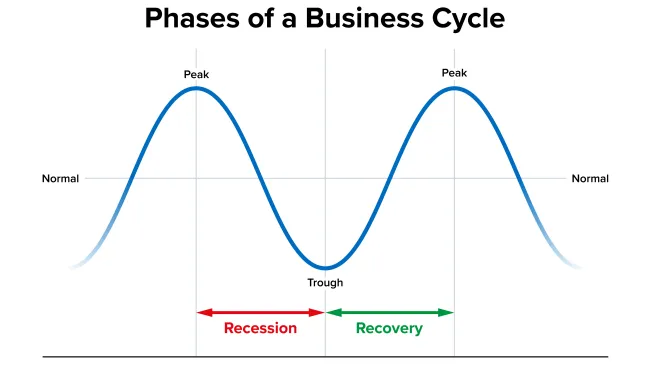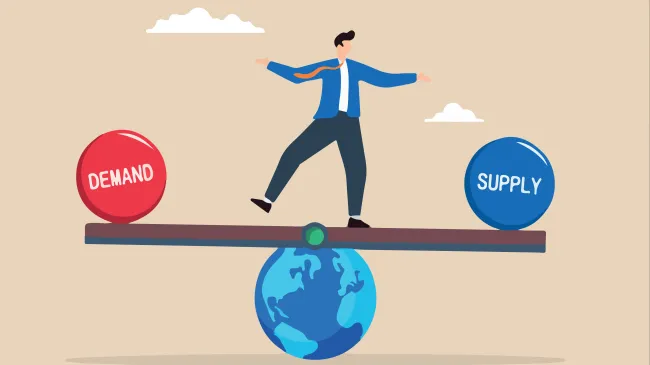Challenging the Efficient Market Hypothesis and Fundamentals Analysis
Mainstream economics and finance theories hold that markets immediately adjust to new information. While market prices do reflect available information, the Efficient Market Hypothesis (EMH) fails to explain the boom-bust cycle as well as Austrian analysis.










